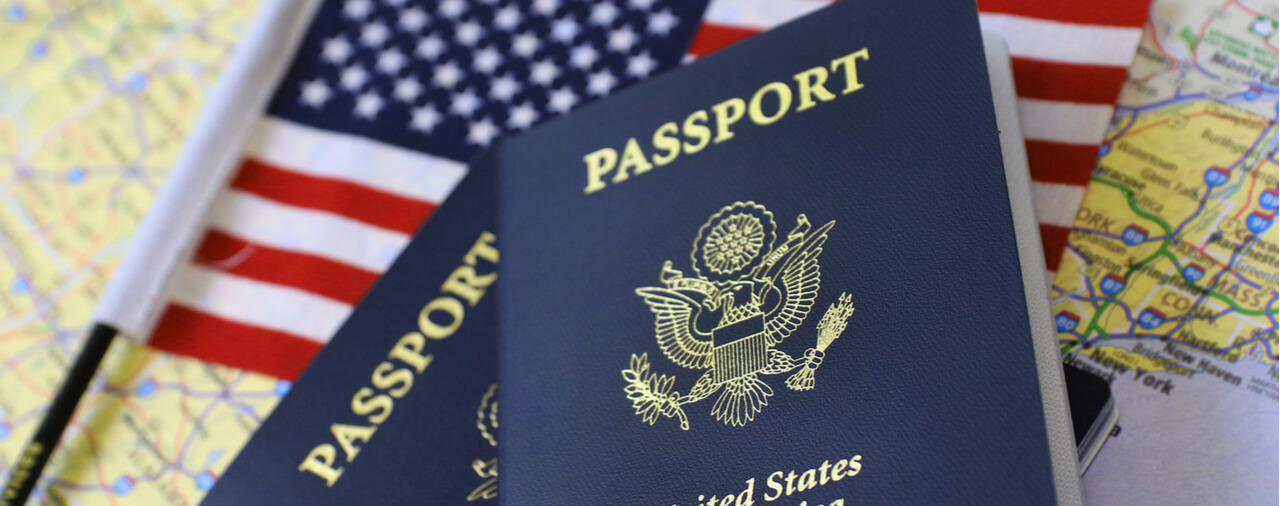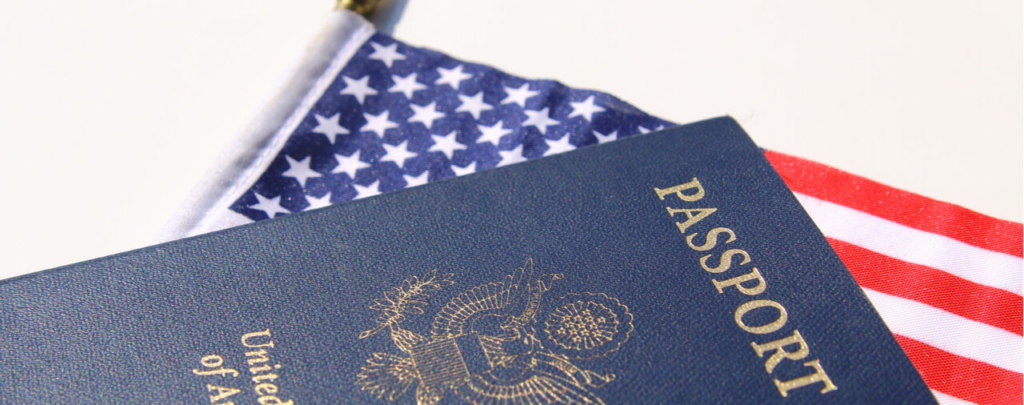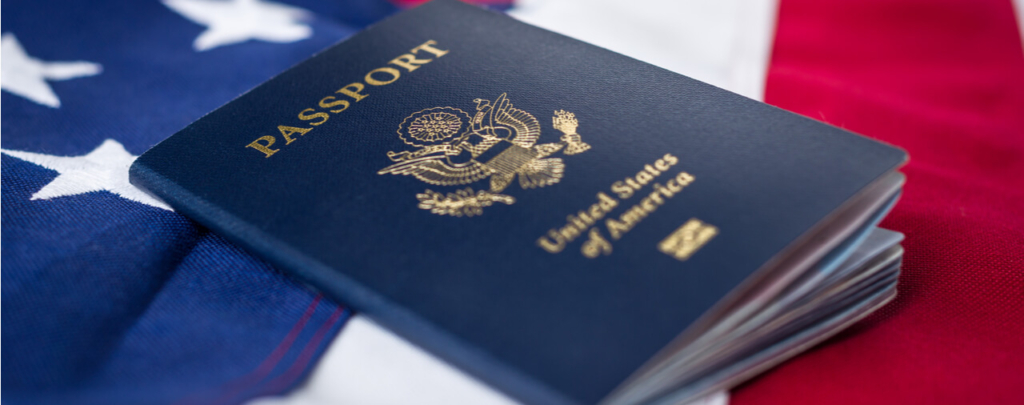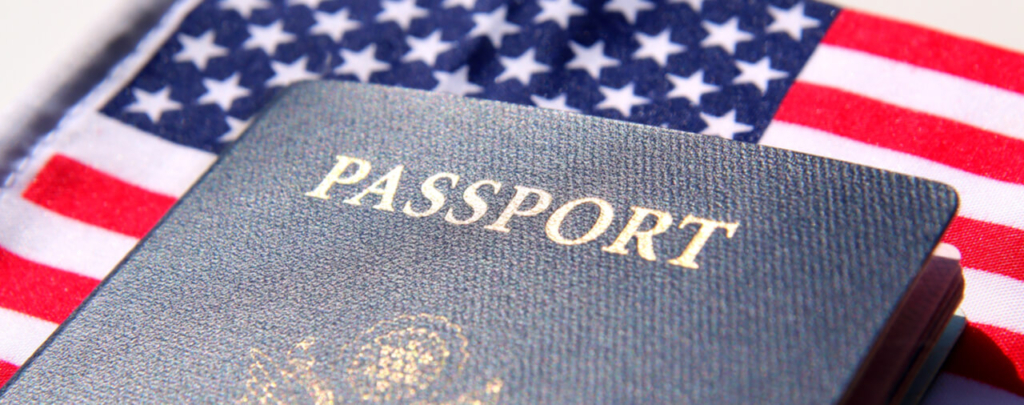- Introduction: Family-Based Immigrant Visa Petitions by Noncitizen National Petitioners
- Relevant Statutory Provisions
- Board of Immigration Appeals Precedent on Family-Based Petitions Filed by Noncitizen Nationals
- Conclusion: Noncitizen National Petitioners
Introduction: Family-Based Immigrant Visa Petitions by Noncitizen National Petitioners
The Immigration and Nationality Act (INA) contains provisions that allow U.S. citizens and lawful permanent residents (LPRs) to file immigrant visa petitions on behalf of certain alien relatives. However, there are no provisions in the INA covering immigrant visa petitions filed by noncitizen nationals (generally a person from American Samoa). There are two major Board of Immigration Appeals (BIA) precedent decisions that set forth the rules for noncitizen nationals filing family-based immigrant visa petitions. In this article, we will examine those two decisions and explain the rules for filing an immigrant visa petition as a noncitizen national of the United States.
Please note that it is only possible to be a noncitizen national through birth in American Samoa, by having made a declaration to opt for noncitizen nationality in limited cases from the Northern Mariana Islands, or by birth to one or two noncitizen national parents where the child cannot derive citizenship. To learn about the limited circumstances in which one can be born a noncitizen national rather than a U.S. citizen, please read our full article [see article]. To learn about the rules for acquiring nationality, but not citizenship, at birth, please see our full article [see article].
Relevant Statutory Provisions
Section 201(b)(2) allows for U.S. citizens to file immigrant visa petitions on behalf of immediate relatives.
Section 203(a) creates four preference categories for family-sponsored immigrant visa applicants who do not qualify as immediate relatives under section 201(a)(2):
1. Unmarried adult sons and daughters of U.S. citizens;
2. Spouses and unmarried sons and daughters of permanent residents;
3. Married sons and daughters of U.S. citizens;
4. Brothers and sisters of U.S. citizens.
Section 204 of the INA contains self-petitioning provisions for widowers and victims of violence under VAWA.
For this article, please take note of section 203(a)(2) which allows for permanent residents to petition for a spouse or unmarried child(ren).
The INA does not have any specific provision for an immigrant visa petition filed by a noncitizen national of the United States on behalf of an alien relative. In the next section, we will explore two BIA precedent decisions that develop the rules for petitions filed by noncitizen nationals.
Board of Immigration Appeals Precedent on Family-Based Petitions Filed by Noncitizen Nationals
There are two BIA precedent decisions that deal with family-based immigrant visa petitions filed by noncitizen nationals.
In the Matter of B——-, 6 I&N Dec. 655 (BIA 1955) [PDF version], the Board held that while a noncitizen national may not file a family-based immigrant visa petition in a category intended for U.S. citizen petitioners, a noncitizen national may file a petition in a category intended for permanent resident petitioners. The Board noted that the term “lawfully admitted for permanent residence” in section 101(a)(20) of the INA “is defined … as the status of having been lawfully accorded the privilege of residing in the United States as an immigrant.” Consequently, the Board noted that the petitioner, a noncitizen national in possession of a United States passport, “appears to have been lawfully accorded the privilege of residing permanently in the United States.”
The Board rendered a second precedent decision on the issue in the Matter of Ah San, 15 I&N Dec. 315 (BIA 1975) [PDF version]. In this case, the applicant for admission was the minor daughter of a noncitizen national from American Samoa. The Matter of Ah San presented an interesting issue in that the petitioner had never resided in the United States and had in fact had only visited the United States once for three weeks. In rendering the original decision, the Immigration Judge followed the Matter of B——- in holding that a noncitizen national may petition for an alien relative under section 203(a)(2). Additionally, the Immigration Judge held that because a noncitizen national has the right to freely enter the United States so long as he or she is a national, he found that it is not necessary for a noncitizen national petitioner to “comply with such matter such as maintaining a residence in the United States or having the intention of returning to the United States or in connection with the filing of a visa petition that he establish that he is a resident of the United States.” Significantly, this meant that the Immigration Judge found the petition approvable even though the petitioner resided in American Samoa and had no intention of residing in the “geographical United States for purpose of conferring preference upon a child.”
The Board affirmed the Immigration Judge’s decision. In so doing, it agreed with the Immigration Judge’s conclusion that “although a noncitizen national of the United States does not have the rights of a citizen, he or she is accorded certain rights and privileges by reason of being a national which are at least equal to those of an alien who has been lawfully admitted to the United States for permanent residence.”
The Adjudicator’s Field Manual (AFM) cites to the Matter of Ah San in FAM 21.2(9)(C) in stating that “[a]n American Samoan (including a Swain’s Islander), as a non-citizen national, may file a relative visa petition for a spouse, child, or unmarried son or daughter under second preference…” found in section 203(a)(2).
Conclusion: Noncitizen National Petitioners
The Matter of B——- and the Matter of Ah San establish that noncitizen nationals may petition for alien relatives under section 203(a)(2). Furthermore, under the Matter of Ah San, the petitioner need not reside in the United States to accord preference status upon an alien relative. Otherwise, the same requirements apply for noncitizen national petitioners that would for a permanent resident petitioner. While there is no precedent on the issue, the spouse or child of a noncitizen national would presumably be eligible to self-petition under the widower or VAWA provisions found in section 204 that are applicable to the beneficiaries of petitions filed by permanent residents.
A noncitizen national seeking to file an immigrant visa petition on behalf of an alien relative should consult with an experienced immigration attorney. If a noncitizen national resides in the United States, he or she may consider taking advantage of the naturalization provision found in section 325 of the INA [see article].





